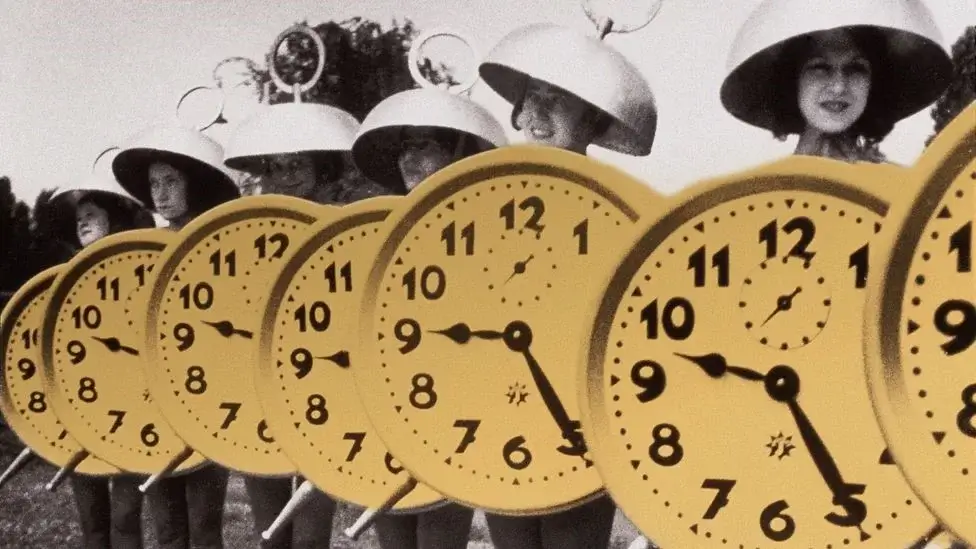What we get wrong about time

“Time” is the most frequently used noun in the English language. We all know what it feels like as time passes. Our present becomes the past as soon as it’s happened; today soon turns into yesterday. If you live in a temperate climate, each year you see the seasons come and go. And as we reach adulthood and beyond, we become increasingly aware of the years flashing by.
Although neuroscientists have been unable to locate a single clock in brain that is responsible for detecting time passing, humans are surprisingly good at it. If someone tells us they’re arriving in five minutes, we have a rough idea of when to start to look out for them. We have a sense of the weeks and months passing by. As a result, most of us would say that how time functions is fairly obvious: it passes, at a consistent and measurable rate, in a specific direction – from past to future.
Of course, the human perspective of time may not be exclusively biological, but rather shaped by our culture and era. The Amondawa tribe in the Amazon, for example, has no word for “time” – which some say means they don’t have a notion of time as a framework in which events occur. (There are debates over whether this is purely a linguistic argument, or whether they really do perceive time differently.) Meanwhile, it’s hard to know with scientific precision how people conceived of time in the past, as experiments in time perception have only been conducted for the last 150 years.
What we do know is that Aristotle viewed the present as something continually changing and that by the year 160, the Roman emperor-philosopher Marcus Aurelius was describing time as a river of passing events. And in the West, at least, many would still identify with these ideas.
But physics tells a different story. However much time feels like something that flows in one direction, some scientists beg to differ.
Read the full article on BBC.





